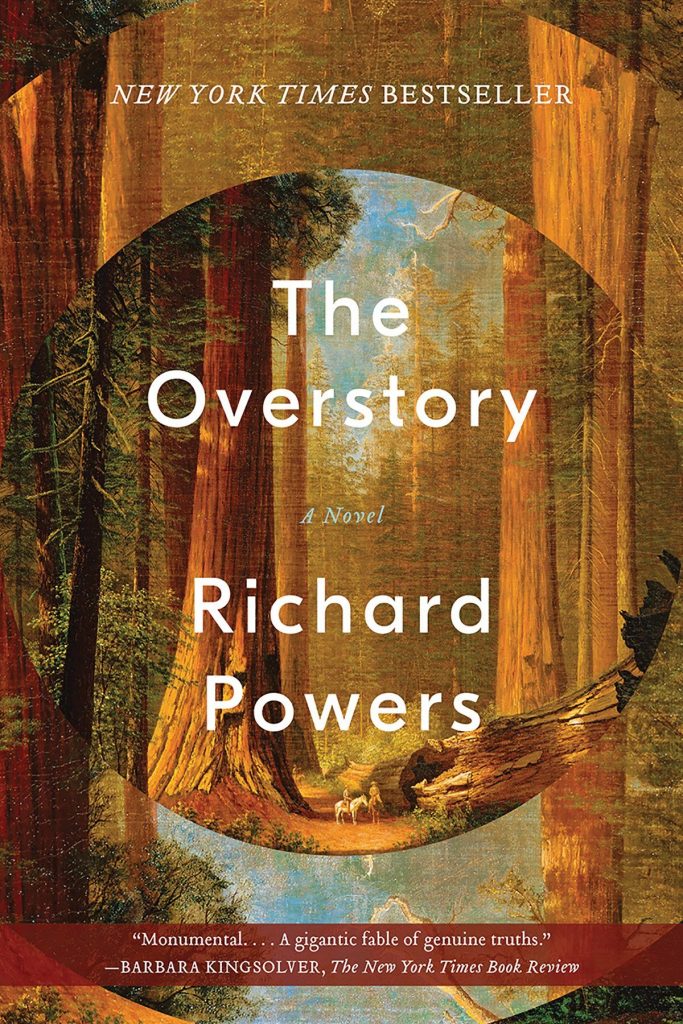Richard Powers’s novel The Overstory was awarded this year’s Pulitzer Prize in Fiction.
In a starred review, Kirkus called the book “a magnificent achievement: a novel that is, by turns, both optimistic and fatalistic, idealistic without being naïve.”
Here’s a sampling of this year’s Pulitzer winners and finalists, with bonus links where available.
Fiction:
- Winner: The Overstory by Richard Powers (This book was the subject of two essays on the site.)
- The Great Believers by Rebecca Makkai (Read our interview with Makkai here.)
- There There by Tommy Orange (Read his Year in Reading.)
Drama:
- Winner: Fairview by Jackie Sibblies Drury (Drury is mentioned, briefly, in Donald Quist’s Year in Reading.)
- Dance Nation by Clare Barron
- What the Constitution Means to Me by Heidi Schreck
History:
- Winner: Frederick Douglass: Prophet of Freedom by David W. Blight
- American Eden: David Hosack, Botany, and Medicine in the Garden of the Early Republic by Victoria Johnson
- Civilizing Torture: An American Tradition by W. Fitzhugh Brundage
Biography:
- Winner: The New Negro: The Life of Alain Locke by Jeffrey C. Stewart (Winner of the 2018 National Book Award in Nonfiction.)
- Proust’s Duchess: How Three Celebrated Women Captured the Imagination of Fin-de-Siècle Paris by Caroline Weber
- The Road Not Taken: Edward Lansdale and the American Tragedy in Vietnam by Max Boot
Poetry:
- Winner: Be With by Forrest Gander (Mentioned in Ada Limón’s Year in Reading.)
- feeld by Jos Charles (An August 2018 Must-Read.)
- Like by A.E. Stallings (A September 2018 Must-Read.)
General Nonfiction:
- Winner: Amity and Prosperity: One Family and the Fracturing of America by Eliza Griswold
- In a Day’s Work: The Fight to End Sexual Violence Against America’s Most Vulnerable Workers by Bernice Yeung
- Rising: Dispatches from the New American Shore by Elizabeth Rush
Winners and finalists in other categories are available at the Pulitzer website.









